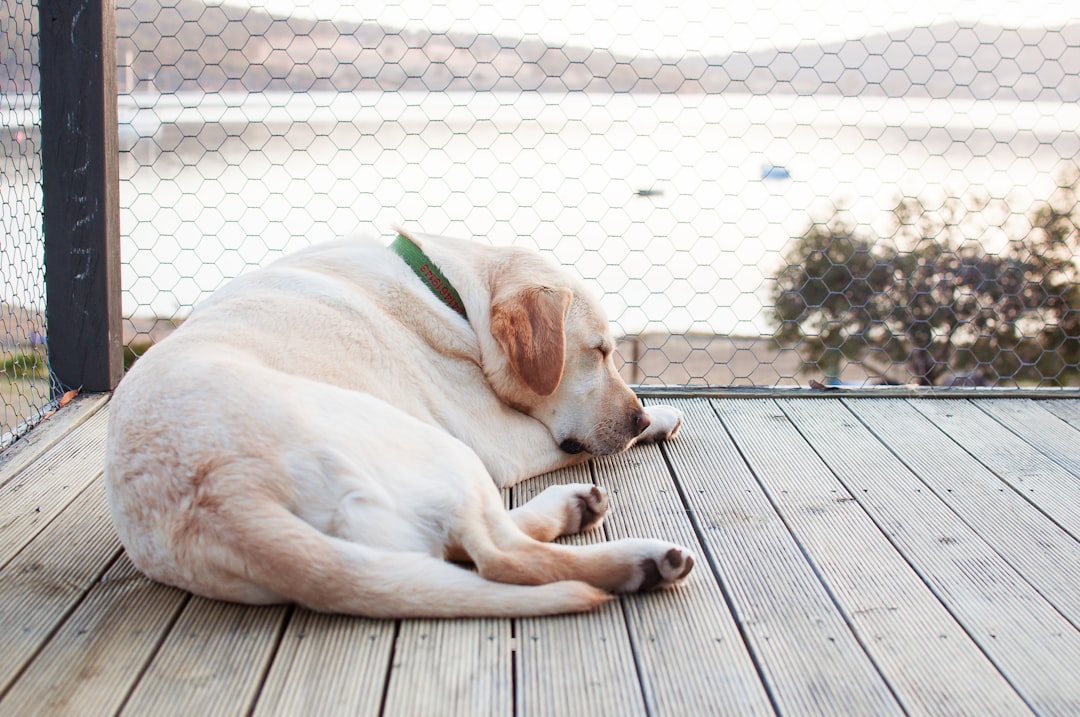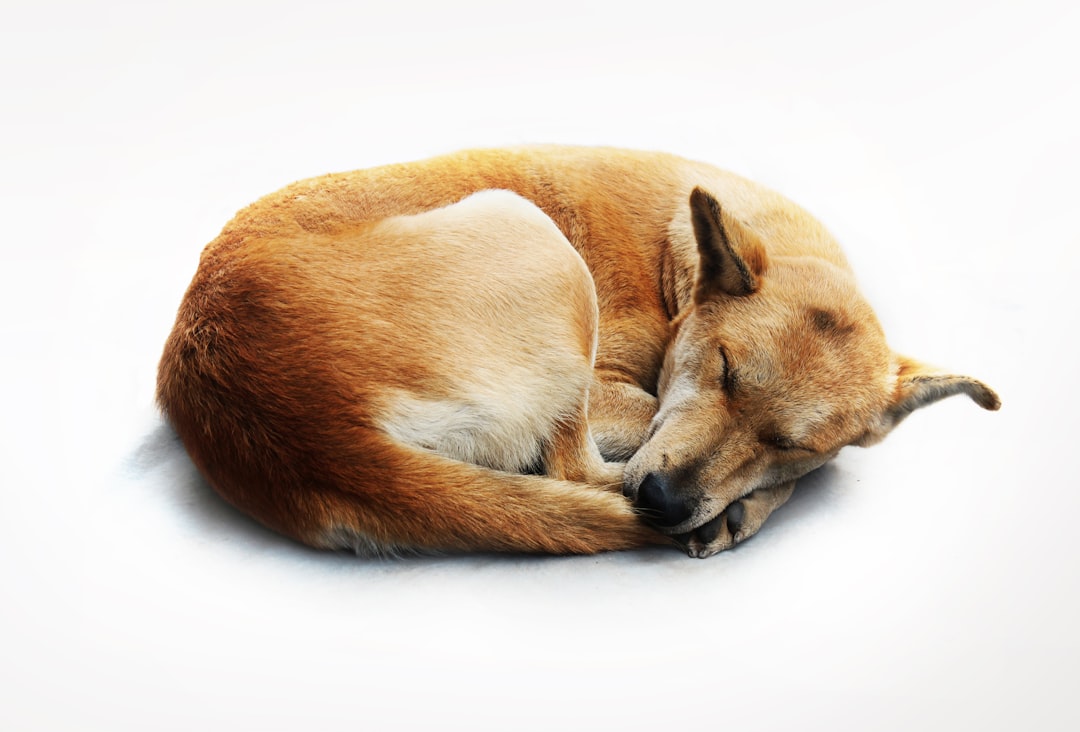How Much Do Dogs Actually Sleep?
Learn about dog sleep patterns, including the average sleep duration, factors that affect a dogs sleep, signs of abnormal sleep behavior, common sleep disorders in dogs, and tips for supporting your dogs sleep.
Dog Sleep Patterns
Average Sleep Duration for Dogs
Changes in a dog’s sleeping behavior, such as sleeping significantly more or less, could indicate an underlying disease or condition and should be addressed by a vet. Younger and older dogs tend to sleep longer than middle-aged ones. For instance, puppies may sleep up to 18-20 hours a day during their early stages, while adult and senior dogs also need extra sleep, with older dogs sleeping more than the normal 12-14 hours.
 Factors Affecting Dog’s Sleep
Factors Affecting Dog’s Sleep
Several factors can influence a dog’s sleep duration, including breed, size, and activity level. Large-breed dogs, puppies, and senior dogs generally require more sleep due to their activities and recovery needs. Additionally, working dogs’ sleep needs are affected by the demands of physical and mental tasks.
Signs of Abnormal Sleep Behavior in Dogs
Changes in a dog’s sleeping behavior, such as sleeping significantly more or less, could indicate underlying diseases or conditions and should be addressed by a vet. Moreover, restlessness at night may be due to sundowning in senior dogs or a need to urinate more frequently, which can often be addressed with medication or accommodations. Excessive sleep in dogs can signal conditions such as depression, diabetes, hypothyroidism, and possible loss of hearing.
 Common Sleep Disorders and Remedies
Common Sleep Disorders and Remedies
Sleep disorders in dogs include narcolepsy, obstructive sleep apnea, and REM sleep behavior disorder [4]. There are medications, like anti-anxiety pills and melatonin, that can help ease sleeping troubles in dogs. Additionally, restlessness at night can be a sign of pain or cognitive disorder in dogs.
Supporting Your Dog’s Sleep
To support your dog’s sleep, it’s important to establish a sleep schedule and manage their diet. Providing a quiet, dark, comfortable area for sleep is also crucial, and regular exercise and contact with their owner while sleeping helps to strengthen a dog’s bond with them.
[1] Source: USA Today Source: American Kennel Club Source: PetMD[4] Source: Sleepopolis

